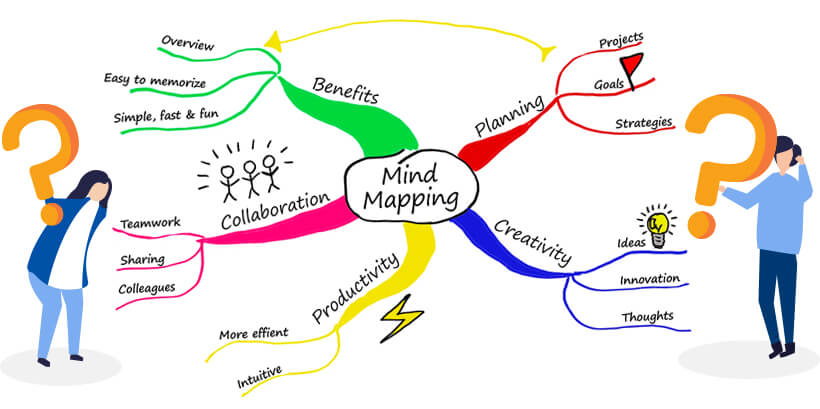WRITING - BUILDING A REPOSITORY
Writing can be a joyful experience when done right. It helps to get rid of the toxic build up of facts, figures and observations that clog the flow of thought in our minds, freeing up space for new thoughts and insights into subjects that matter most to us.
With little to no formal training, any form of writing can easily become the least favored chore for many people. The trick is to find a good system that works for you.
Here are some of my tips to get you started:
1. Free-writing. Get into the habit of free-writing. Good or bad, just start writing whatever comes to mind. Create a space on your laptop or notebook to write 100-200 words about something, everyday. Make that time!
2. Review free-writing notes. Every once in a while, when you get more than 15minutes of free time, look back at your free-writing notes and review them with fresh eyes.
3. Identify themes. In each note, try to identify a central theme or themes that pop out or call to you. Whatever grabs your interest.
4. Think on it. With each theme identified, take some time off from writing to just think on it. Use a single theme as a placeholder on a fresh page of your notebook or wallboard. Feel free to write it on a sticky note and paste it some place in your line of sight to help keep you invested in it.
5. Mind map the hell out of it. Create a list of ideas surrounding the theme and map it on the theme page in your notebook or wallboard. Visualize how each idea links to one another and systematically explore each idea and its links to other ideas.
6. Read/Discuss. You have 2 choices here; read up on each idea to expand your current knowledge of it, or identify a core group of friends/colleagues to openly discuss what each of you know on it. The idea is to understand what is already known and what is left to know. (There is always something more!)
7. Summarize. After each reading exercise/discussion, summarize what you've learnt or discovered so far, even describing how you came about these bits of information if possible.
Congratulations! You have now built a repository of knowledge to draw from for n number of articles to be written in the near future.
These notes will act as your blueprints and guide you in your formal writing experience.
